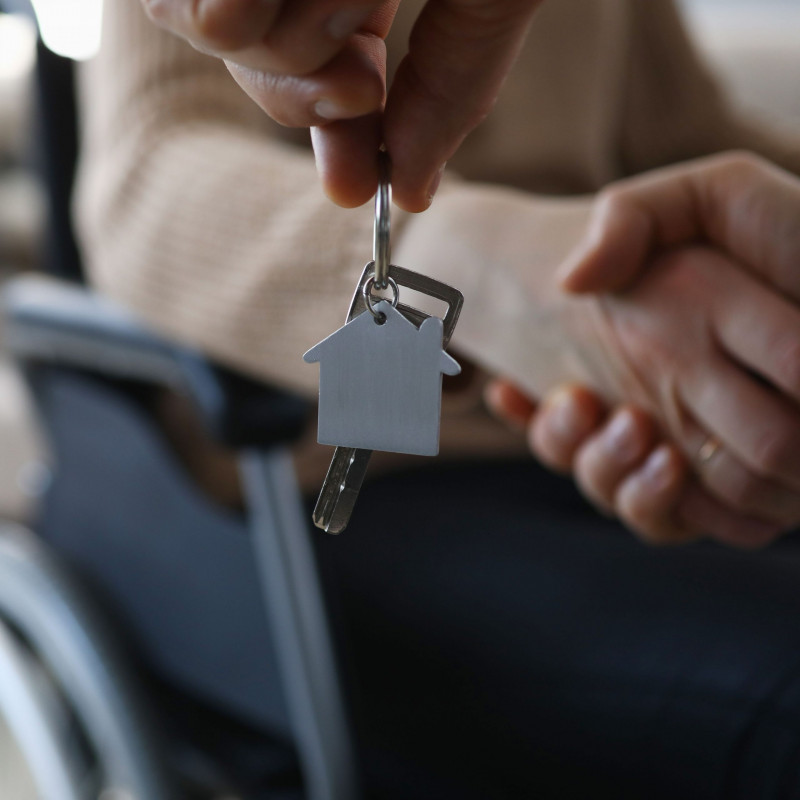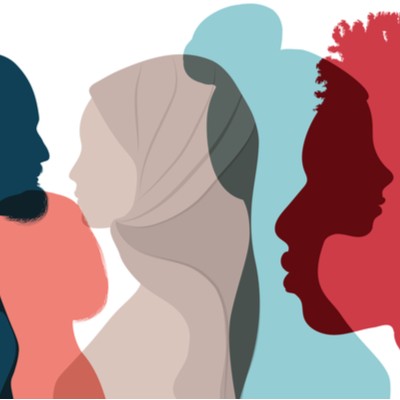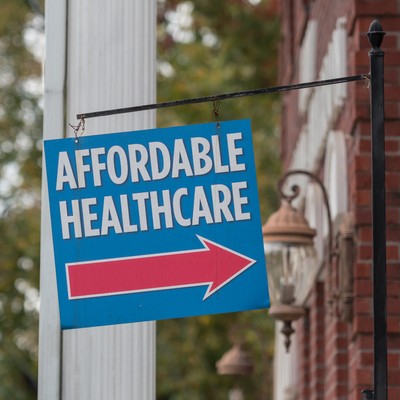
Pathways to reform in Michigan: Diversion, deflection, and reentry programs
A recent report from the U.S. Department of Justice revealed alarming rates of mental health disorders among jail inmates–on average, 44 percent of inmates had a mental health diagnosis. Despite this prevalence, jails lack adequate resources to meet inmates’ mental health needs, potentially worsened by discriminatory practices, implicit bias, overcrowding, and hostile environments. And these challenges disproportionately affect racial and …
Read more >
Strengthening public health through integration with primary care
State and local leaders across the country are taking innovative steps to strengthen public health through integration with primary care. Public health agencies at the state and local levels have long faced challenges such as chronic underfunding, rigid funding streams, outdated and disconnected data systems, fragmented care delivery structures, and workforce shortages. Partnerships between medical care systems, community-based organizations, and …
Read more >
Supporting behavioral health providers in public health emergencies
Support for behavioral health care providers is crucial, especially considering the significant stress and burnout they have experienced prior to and during the pandemic. To understand how to better support behavioral health care providers during public health emergencies, this study explores three topics. Burnout While the literature is limited, studies suggests that burnout can affect physical and mental health for many …
Read more >
The value of community health workers in extending the behavioral health workforce
Prior studies suggest that Community Health Workers (CHWs) add significant value in healthcare settings. CHWs can improve physical health outcomes and lower health care costs for their patients, but there is limited research on the roles CHWs fill in behavioral health care. Trusted frontline health workers, CHWs often live in or come from the communities they serve. Importantly, they support hard-to-engage …
Read more >
Housing crisis is magnified for people with physical disabilities. Here’s how we can help.
The U.S. housing crisis is worse for people with physical disabilities for two reasons. First, affordable housing is a challenge because people with physical disabilities are twice as likely to be low income. Second, accessibility is a challenge because significant and costly renovations are often required for people with physical disabilities. Those with physical disabilities are disproportionately impacted by the …
Read more >
Telehealth for people with disabilities: here are the challenges and opportunities policymakers should consider
Telehealth was a lifeline for people with disabilities during the COVID-19 pandemic. Federal and state policy changes allowed clinics, health systems, and providers to expand telehealth services, which benefitted people with disabilities. People with disabilities, approximately one in every four Americans, are six times more likely to have ten or more physician visits and five times more likely to be admitted …
Read more >
Clear language and human-centered design can help Medicaid enrollees keep their coverage
Michigan’s expanded Medicaid program, the Healthy Michigan Plan (HMP), has provided health insurance coverage to hundreds of thousands of Michiganders since its launch in April 2014. However, in 2019, the state passed a work requirements bill, which introduced more steps needed to retain HMP coverage. The bill asked HMP enrollees to report a minimum of 80 hours of work per …
Read more >
Family caregiver support: learn about policy and programmatic solutions developed by state and federal agencies
More than 43 million U.S. adults, 13 percent of Americans, provide unpaid care to family members or friends. These family caregivers administer medical care, run errands, provide transportation, manage finances, and help with household chores, among other activities. Family caregivers, despite the lack of reimbursement for their efforts, are a significant component of the nation’s long-term care system. In fact, …
Read more >
The advantages of becoming a federally Certified Community Behavioral Health Clinic (CCBHC)–for organizations, communities
The federal application process to become a Certified Community Behavioral Health Clinic (CCBHC) in Michigan opened on December 29, 2020 and closed on March 1, 2021. Becoming a CCBHC offers many advantages to organizations and the communities they serve. The bipartisan Excellence in Mental Health Act of 2009, which was introduced by U.S. Senator Debbie Stabenow (MI), increased federal and financial …
Read more >
Rate analysis: 2021 ACA Health Insurance Marketplace for Michigan
In 2021, monthly ACA health insurance rates for Michigan’s lowest cost plans on the federal Health Insurance Marketplace decreased, on average. These decreases occurred despite the many uncertainties associated with the coronavirus disease of 2019 (COVID-19). 2021 ACA Health Insurance Marketplace plan options are robust for communities across Michigan. In many counties, rates have declined considerably. These 2021 Marketplace changes …
Read more >